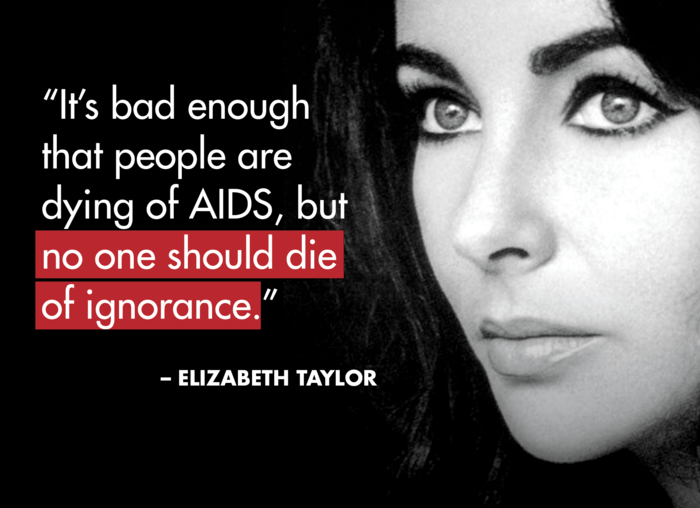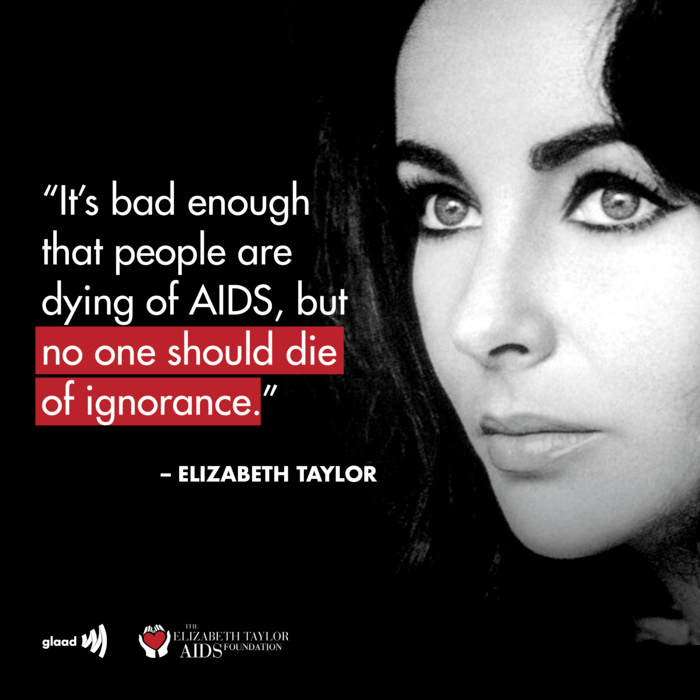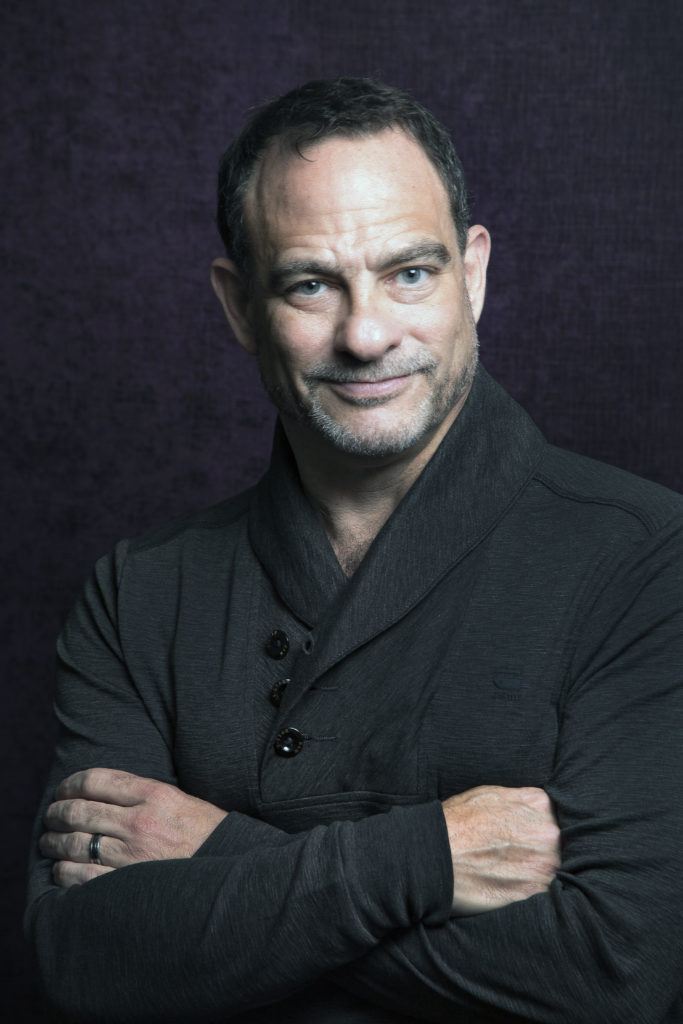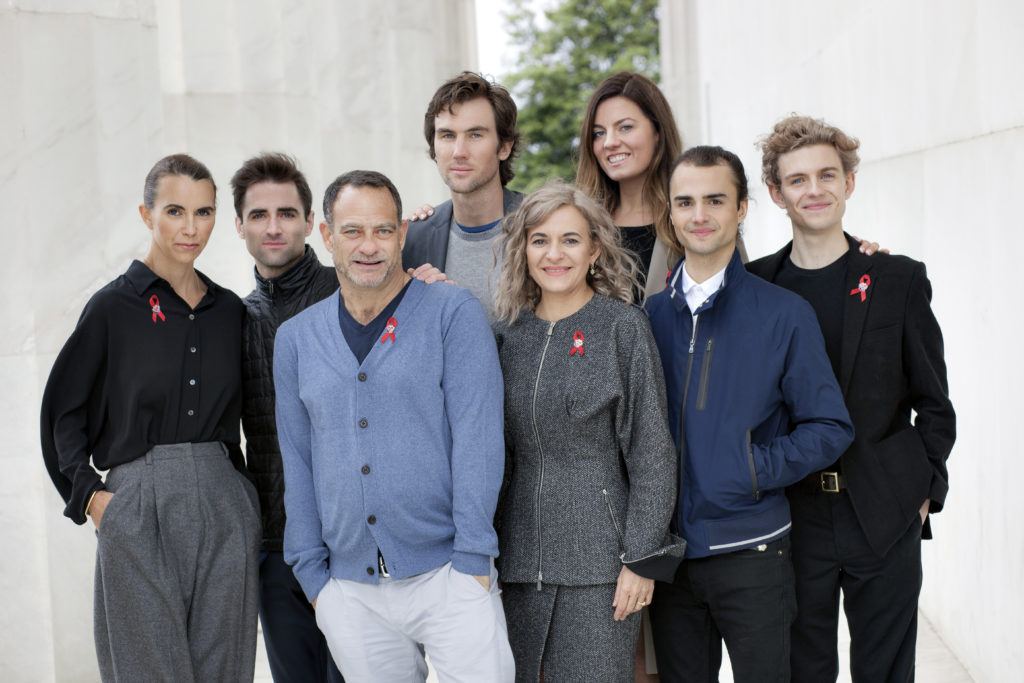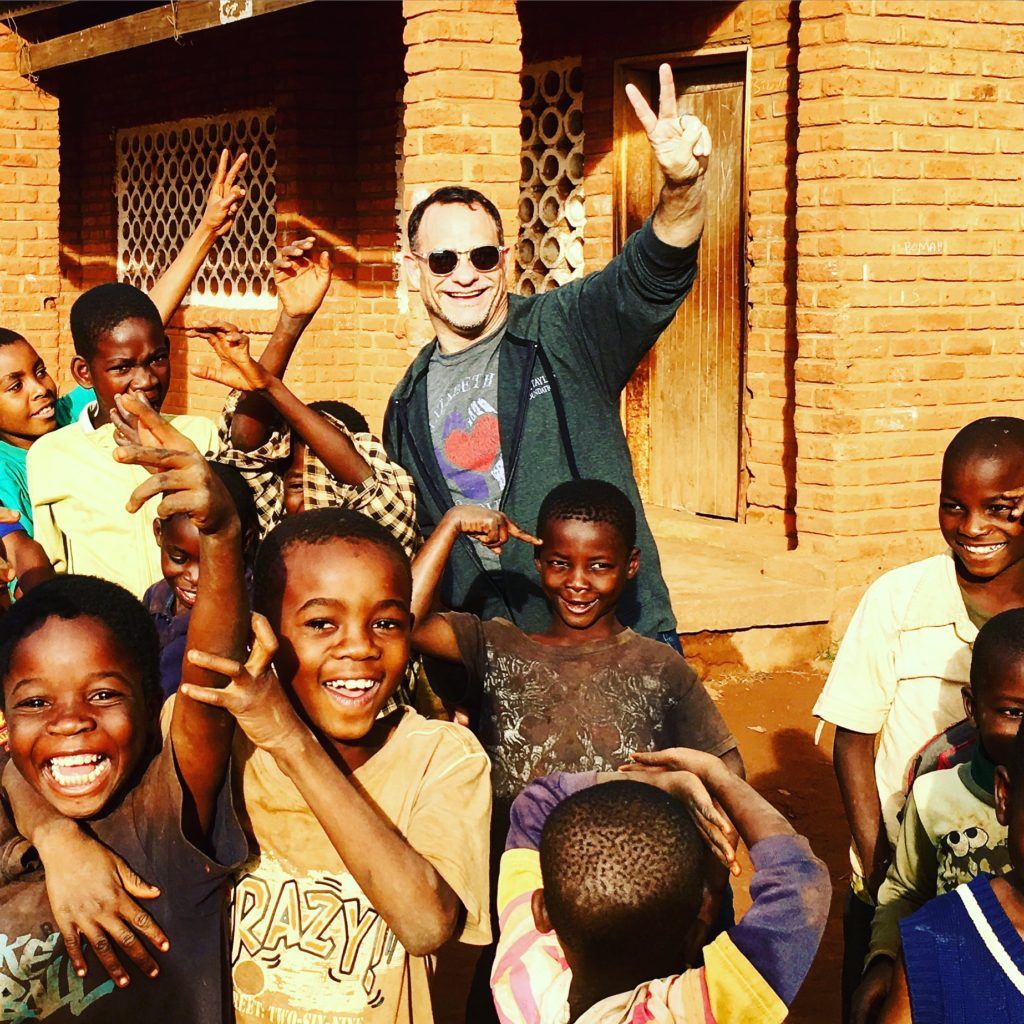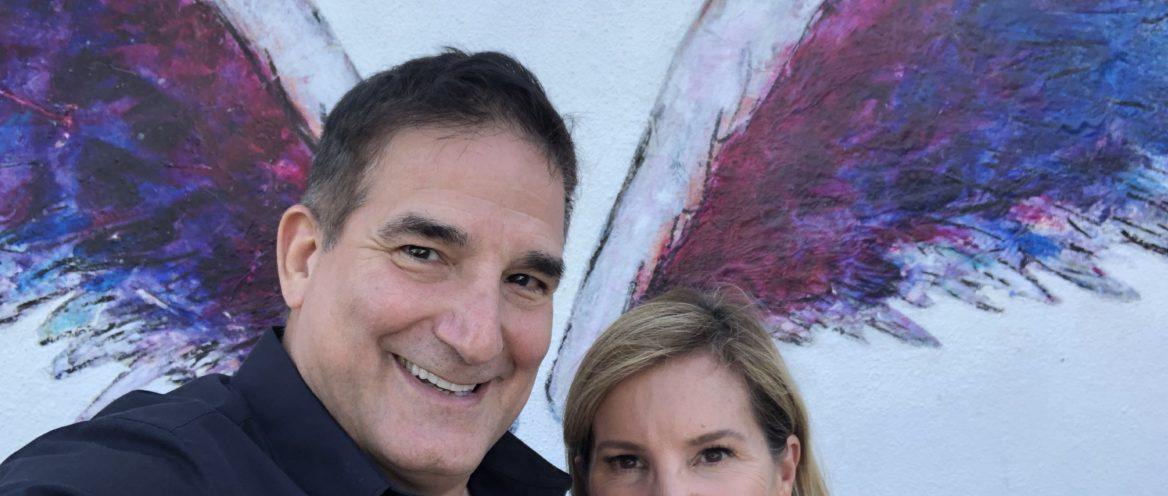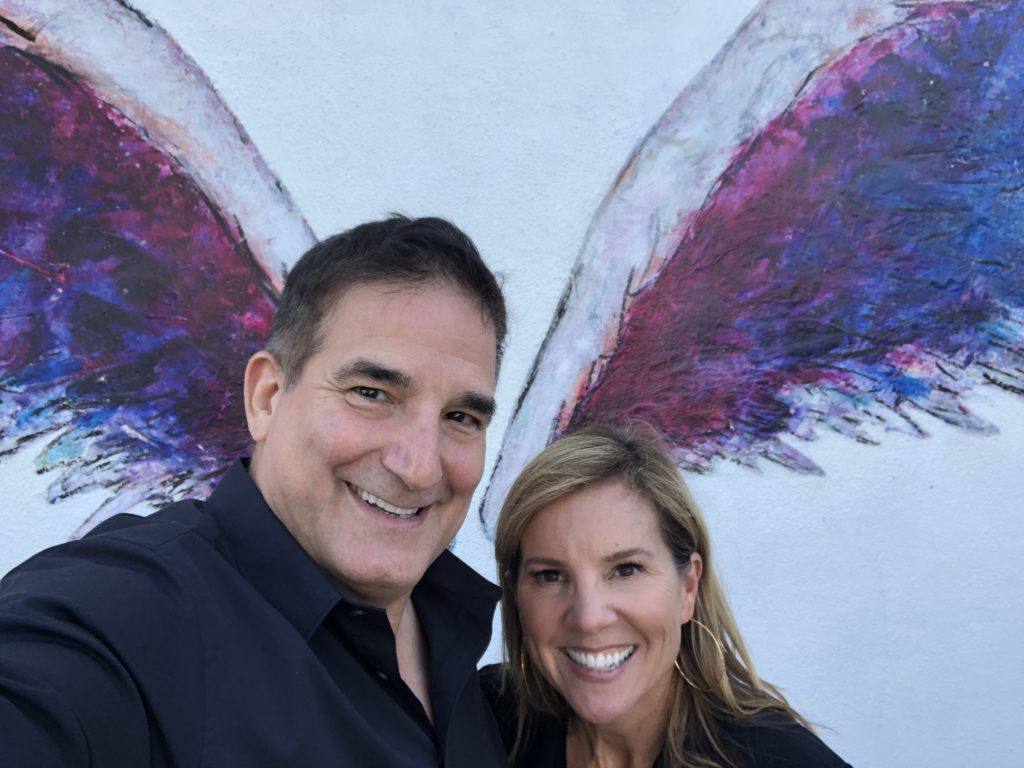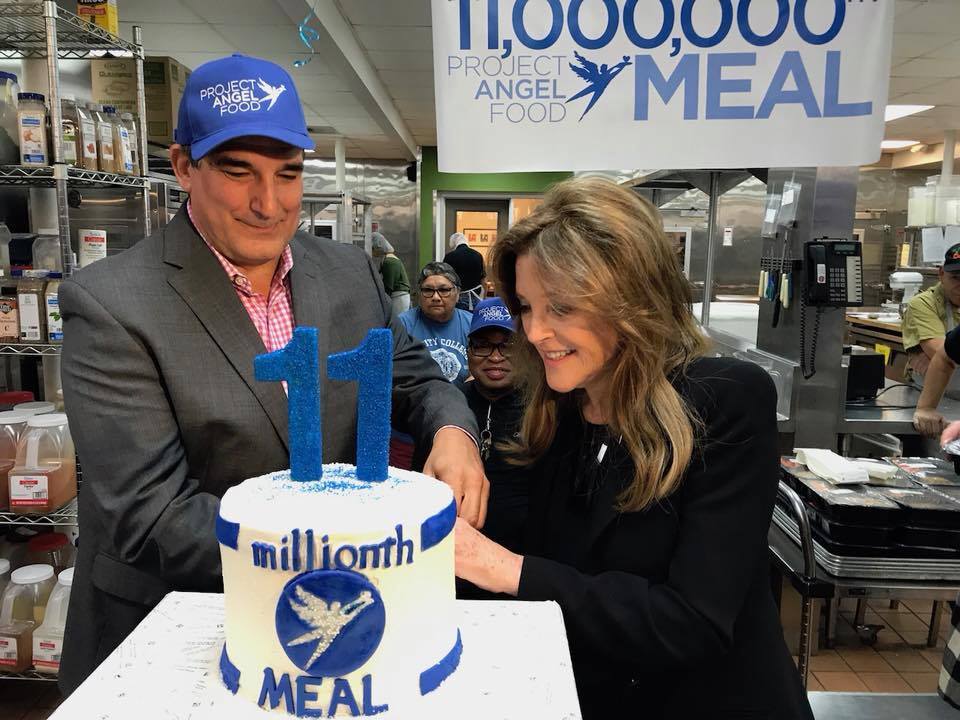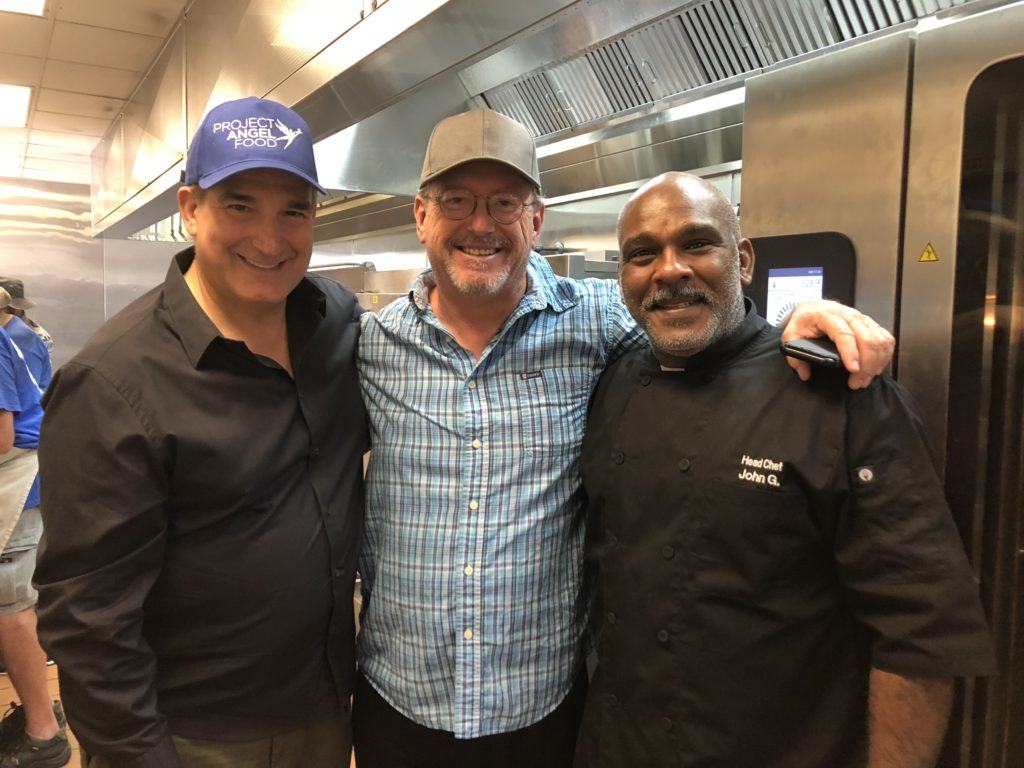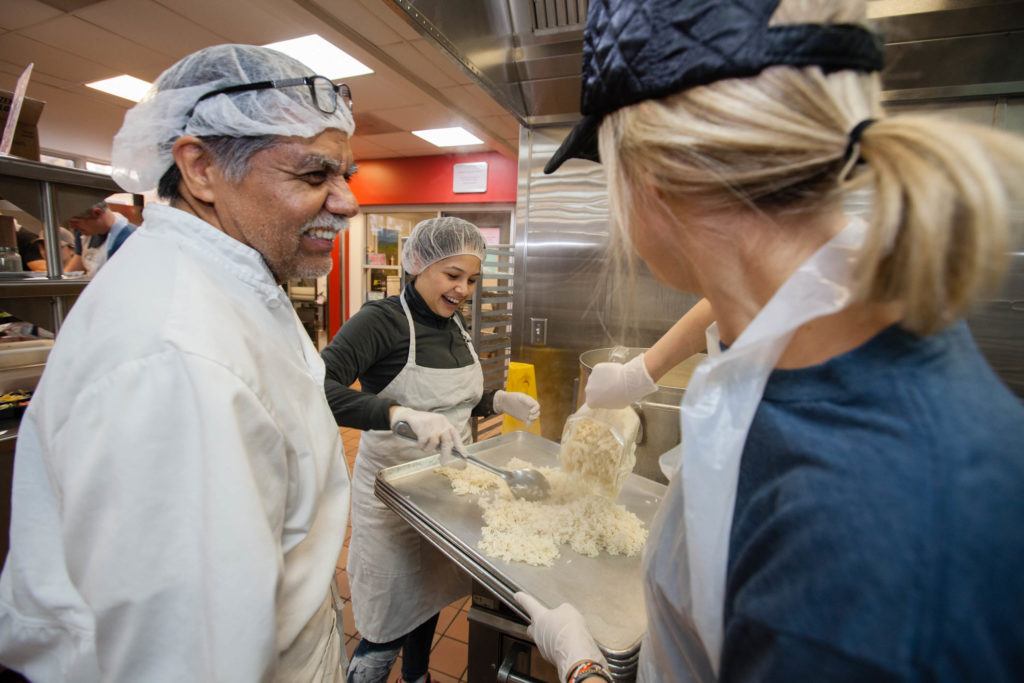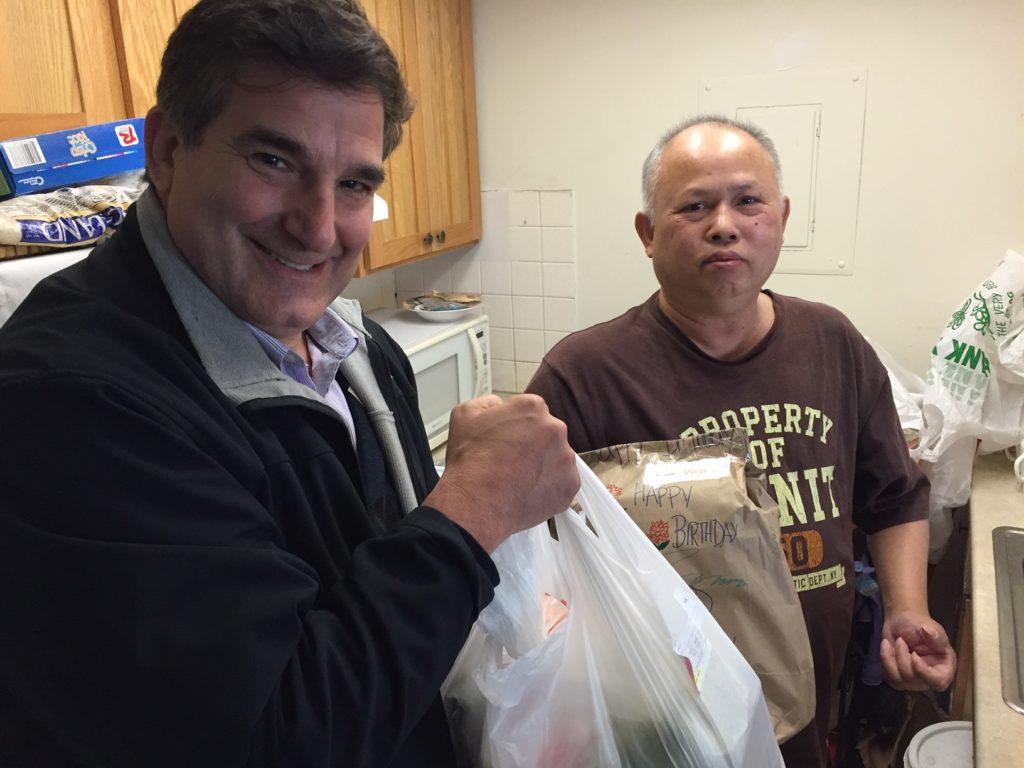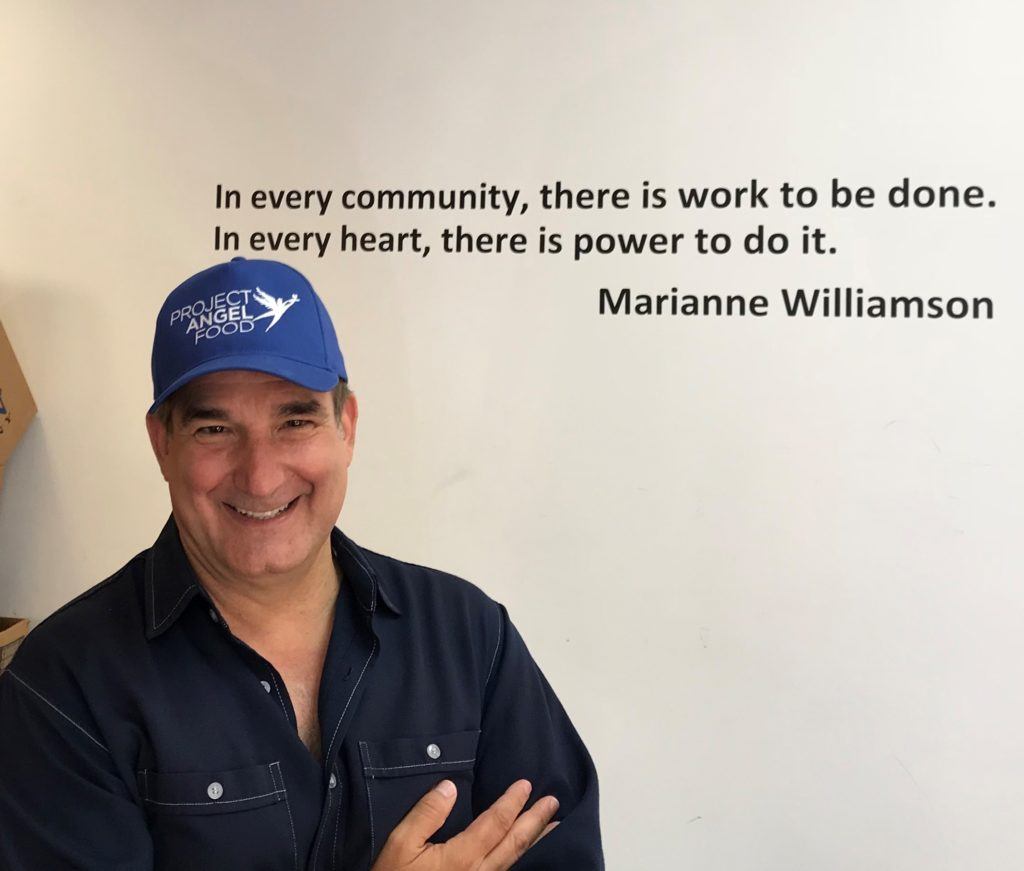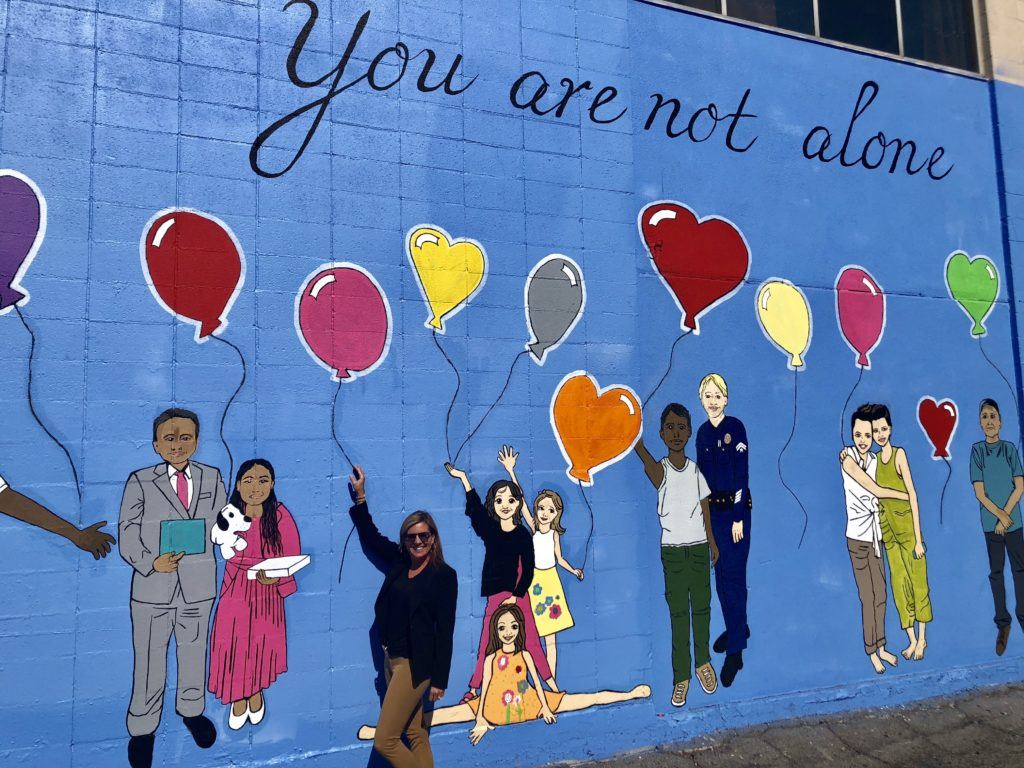Until this past year and a half, many of us think about disease and illness as things that affect other people and not us. COVID changed all of that for everyone. We all realized how closely we are connected and our opinions of health are forever altered. Before COVID, there was something called AIDS that many of us have forgotten about. One person who hasn’t forgotten is our guest today, Nora Hanna, the Executive Director of Until There’s A Cure.
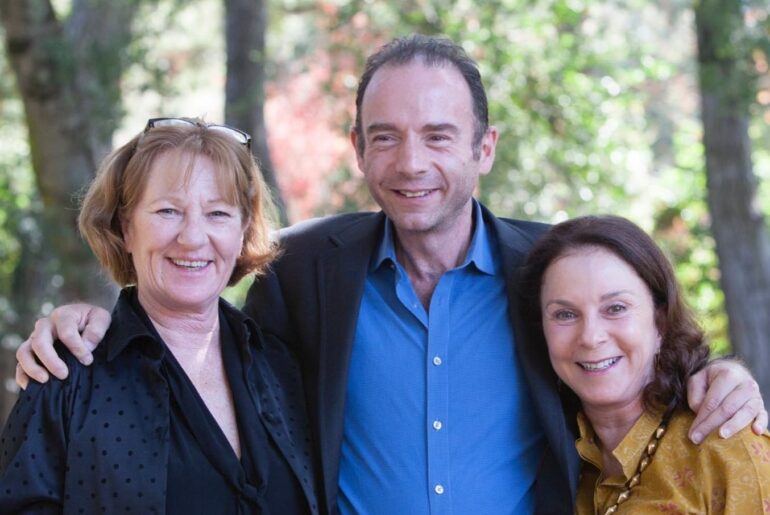
Join us as we discuss how the landscape has changed for AIDS and the beauty of what happens when people come together to make a difference. So often we think with nonprofits we are taking on impossible causes. This conversation was so enlightening because it really shows us that time and commitment result in positive changes. Until There’s A Cure is a wonderful example of one organization’s mission to continue to educate the world on HIV AIDS.
Here are a few highlights from our conversation:
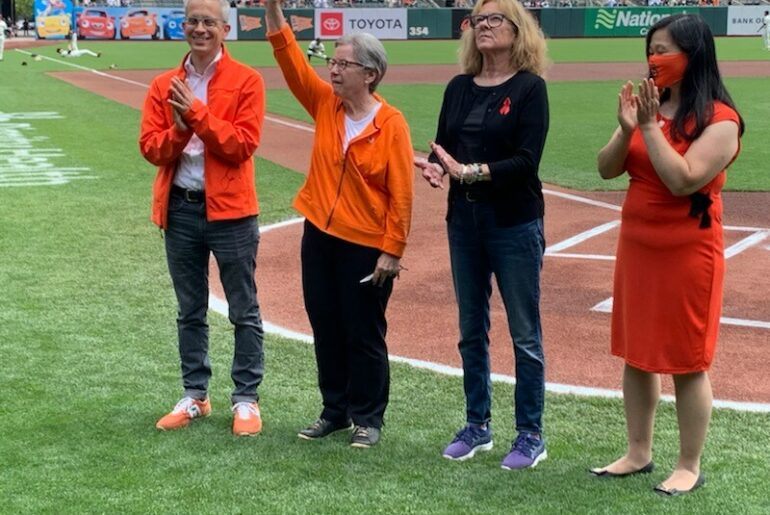
Charity Matters: Tell us a little about Until There’s a Cure?
Nora Hanna: Until There’s A Cure was started in 1993 by two moms in Northern California who were really worried about what the world was going to look like for their children. They were devastated by the loss of friends to HIV and AIDS. So they came up with the idea to sell a bracelet to raise funds and awareness. It was a simple idea that has had a huge impact. We were the first nonprofit of any kind to celebrate it.
We started working with small artisan groups around the world, mostly in Africa. The goal was to find women who are true artists and giving them a vehicle to sell their merchandise. What it’s enabled them to do is really take what they’ve been doing for generations. We buy it from them, help them market it and then we sell it. Then with the funds that they have raised, they have started school for their daughters, they have been able to feed their children, they have been able to buy their own medication. So it’s really embracing, educating, and empowering villages of women. And when you change the life of one woman, you change the life of an entire village.
Charity Matters: What is the Back sTory of Until There’s a Cure?
Nora Hanna: In 1993, when they actually named the foundation Until There’s a Cure, there was a lot of backlash. People didn’t want to talk about a cure, they wanted to talk about therapeutics to keep people alive. The foundation has always worried about today, direct care services, education prevention, and then the future vaccine research and development. So it is, and always has been today, tomorrow, and 10 years from now. So it is quite fascinating to look at what has come down the pike.
Charity Matters: What are your biggest challenges?
Nora Hanna: Trying to raise funds during another pandemic has been a huge challenge. And complacency. People really do believe that AIDS, HIV has been cured. Because we don’t talk about it as a society, it’s not at the forefront. HIV doesn’t directly impact people like cancer, autism, and all the other well-funded organizations out there. We just need to keep talking about that HIV is still here. Yes, you can live a very long productive life. But just like any chronic illness, you don’t want to have to take medication for the rest of your life.
Charity Matters: What fuels you to keep doing this work?
Nora Hanna: I grew up in the fashion industry and had my own jewelry company. In the 80s, in the 90s, our industry was hit so hard. I lived in New York then and I took care of two of my best friends until they passed on. I carry that with me every day. I’ve known so many people whose lives were cut short, in their 30s and it just makes me want to work twice as hard.
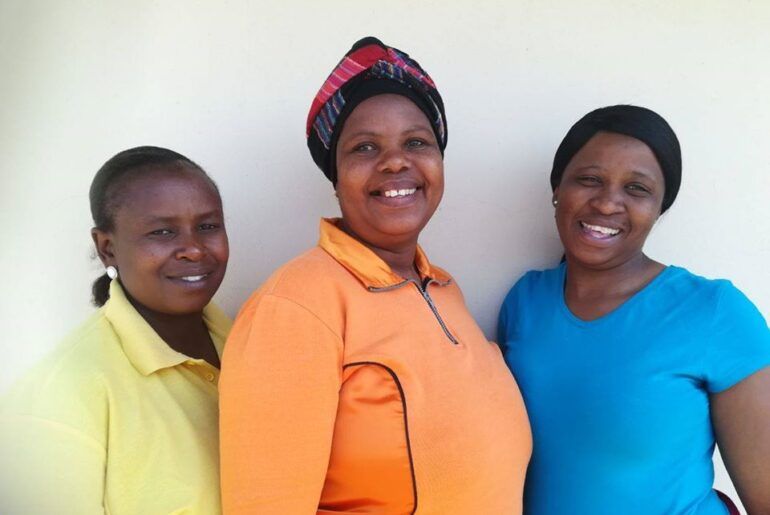
Charity Matters: When do you know you have made a difference?
Nora Hanna: Last year, at the beginning of the pandemic, three of our organizations had gotten very large orders for their merchandise. We were really hurrying to get everything from Zambia and South Africa to us. I was very worried and I didn’t know what to do next. Eventually, I received a couple of messages from our partners in South Africa thanking me for the money. The funds saved their entire village for five weeks and allowed their children to eat. That is when you have to say, I need to work twice as hard.
Charity Matters: Tell us what success you have had? What has your impact been?
Nora Hanna: We have been able to provide seed money for the International AIDS vaccine initiative and we have helped fund, UCSF aids Institute. We work with Food for Thought up in Sonoma, California, feeding people living with HIV and AIDS for 30 years. Since 1993 we have worked closely with the San Francisco Giants, which allows us to present our foundation to a packed stadium. So there are certain big chunks that you can look at and say we did that.
Through our internship program, we’ve worked with over 100 high school and college children. When our interns come in, I always say HIV is my passion. You need to find your passion. Whatever level you can give back, whether it’s volunteering once a year, or going to work for an organization, find it.
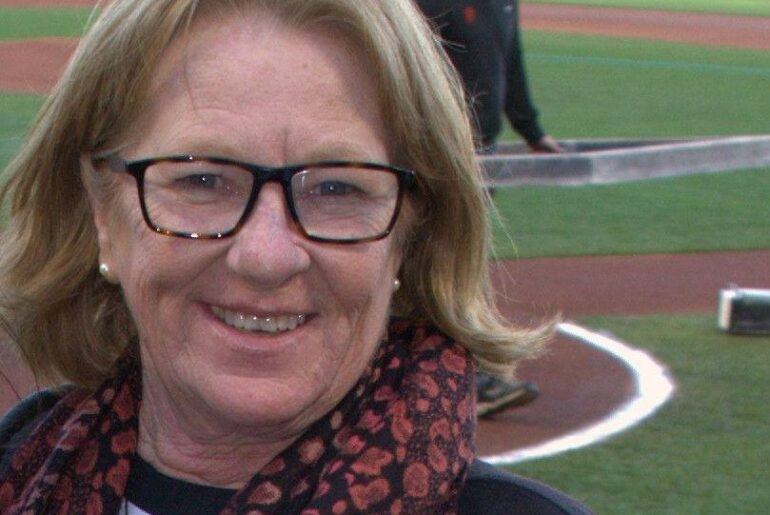
Charity Matters: If you could dream any dream for your organization, what would that be?
Nora Hanna: The dream is that we would find a vaccine that can be given away around the world for free.
Charity Matters: What life lessons have you learned from this experience?
Nora Hanna: I’ve always wanted to give back on a bigger scale than I’ve done in my past. This work has really given me the opportunity to feel part of something so much bigger than myself. Really just to be grateful, every day that I’m allowed to do this work.
CHARITY MATTERS.
New episodes are released every Wednesday! If you enjoyed today’s episode, please connect with us:
- www.Charity-Matters.com
- On IG @Charitymatters
- Post a screenshot & key takeaway on your IG story and tag me @heidijohnsonoffical and @Charitymatters so we can repost you.
- Leave a positive review on Apple Podcasts
- Subscribe to new episodes each week!
YOUR REFERRAL IS THE GREATEST COMPLIMENT, IF YOU ARE SO MOVED OR INSPIRED, WE WOULD LOVE YOU TO SHARE AND INSPIRE ANOTHER.
Copyright © 2021 Charity Matters. This article may not be reproduced without explicit written permission; if you are not reading this in your newsreader, the site you are viewing is illegally infringing our copyright. We would be grateful if you contact us.




